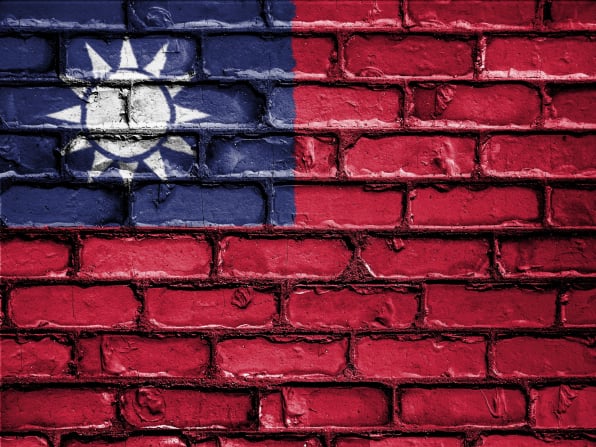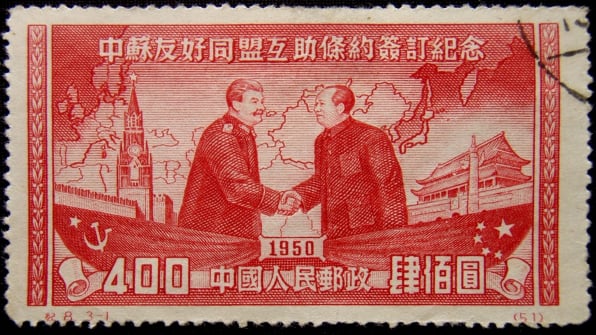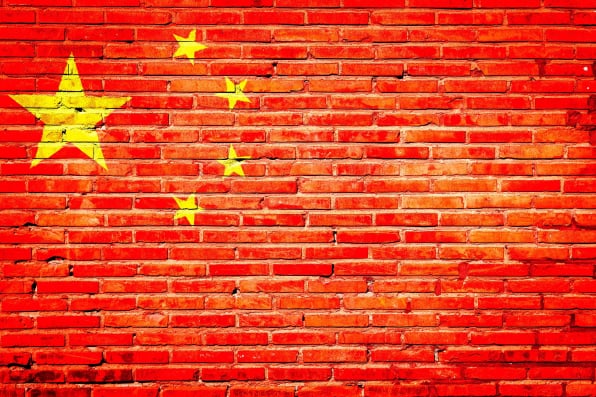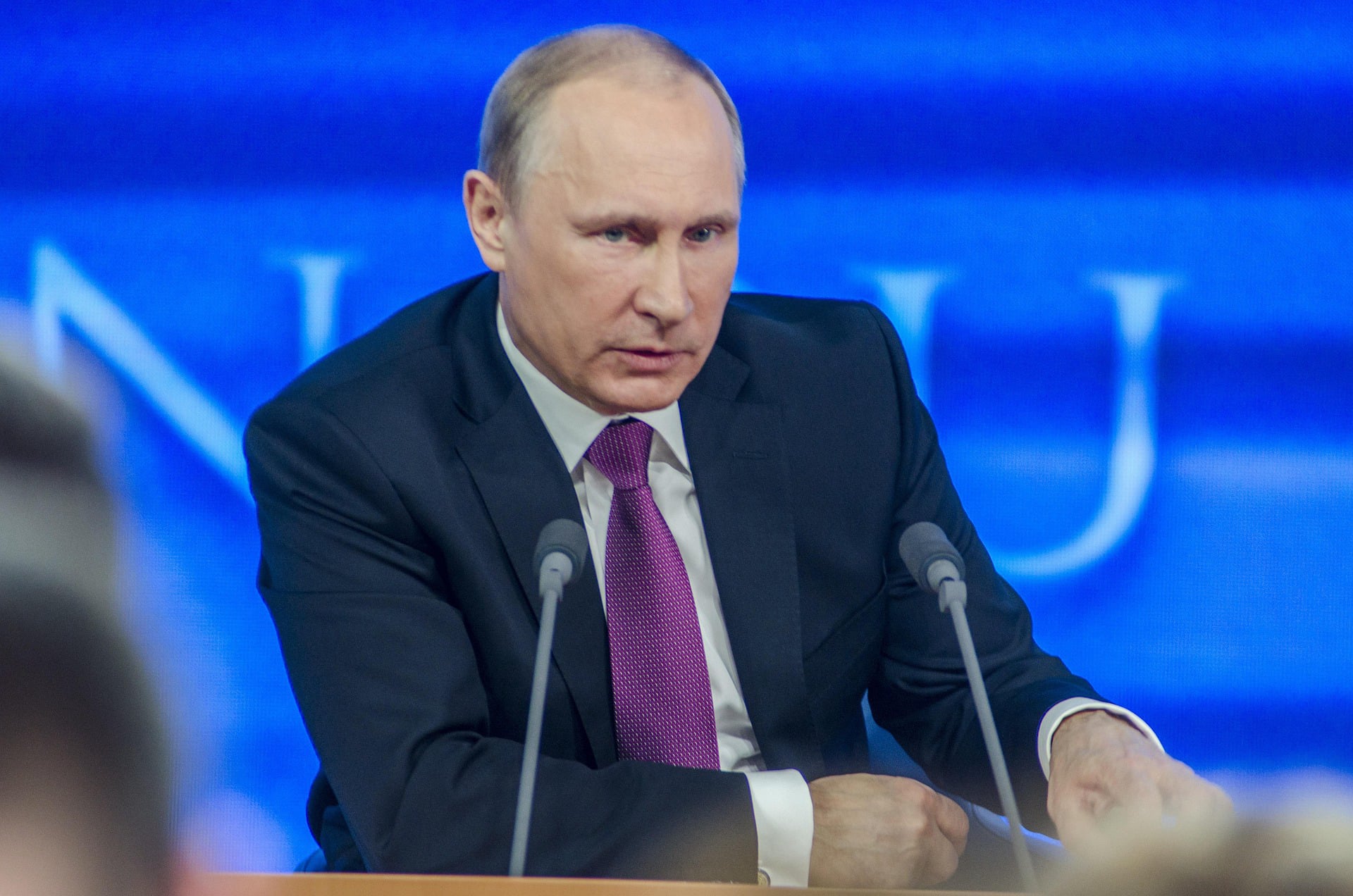Should the U.S. Confront China More Forcefully Over Taiwan?
Over the past few weeks, Taiwan’s military has been on high alert after China deployed warships and fighter jets around the island to conduct unannounced maritime drills. And some are now questioning whether China could be gearing up for a military attack. Foreign Policy Deputy Editor Sasha Polakow-Suransky is joined by Jessica Chen Weiss, a professor of China studies at Johns Hopkins University and a former senior advisor at the U.S. State Department, and Markus Garlauskas, director of the Indo-Pacific Security Initiative at the Atlantic Council and the former U.S. National Intelligence Officer for North Korea.
With Jessica Chen Weiss — December 17, 2024
How Do We Know What’s Happening in China?
In this essay, Jeremy Wallace notes that China’s political landscape has become increasingly opaque under President Xi Jinping, making it more difficult to gather reliable information. But despite rising geopolitical tensions and tighter controls on information, various sources—from government reports to market data and satellite imagery—offer insights into China’s complex realities, challenging simplistic portrayals.
By Jeremy Wallace — November 4, 2024
The Upside to Uncertainty on Taiwan
In this review of The Struggle For Taiwan, SAIS Dean James B. Steinberg examines historian Sulmaan Wasif Khan’s viewpoint that the U.S. and China’s policies on Taiwan have been marked by confusion and missed opportunities. Steinberg makes the case that strategic ambiguity, despite its flaws, has maintained peace and stability, offering a nuanced path through a complex geopolitical landscape.
By James B. Steinberg — October 16, 2024
America should think twice before replacing sanctions with tariffs
By Henry Farrell — September 19, 2024














